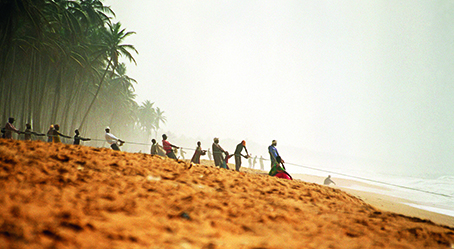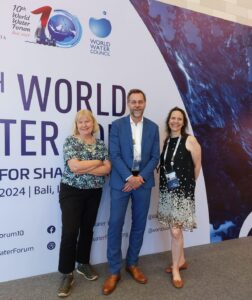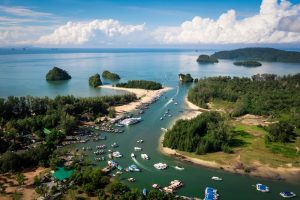UN’s Jan Eliasson puts spotlight on hydro-diplomacy
Unsustainable water practices combined with a growing world population is expected to put increasing pressure on global freshwater resources in the decades to come.
Developing and refining ways of cooperating around our most precious resource is becoming more important. In the scientific journal Nature, UN deputy secretary-general Jan Eliasson writes: “…as freshwater shortages become increasingly acute, the threat of violence over water is a real one. But we must not lose sight of the opportunities that water offers as a source of cooperation.”
Stockholm International Water Institute (SIWI) has developed knowledge and offered advice about transboundary water management in different parts of the world for many years. In 2014, the institute became host for the International Centre for Water Cooperation (ICWC) under the auspices of UNESCO. The centre aims to deepen the knowledge about transboundary waters and the cooperation opportunities they hold. In addition, SIWI’s expertise is often sought for advice, for example in bridging politics, science and practice in hydro-diplomacy.
“At SIWI, we are convinced that transboundary waters offer unique opportunities for cooperation on several levels. Hydro-diplomacy is an important niche of diplomacy that complements our efforts to help build a world where leaders and institutions seek collaboration rather than conflict,” says Dr Therese Sjömander-Magnusson, SIWI’s director for transboundary waters.








